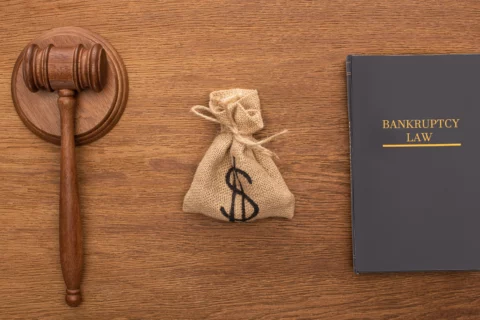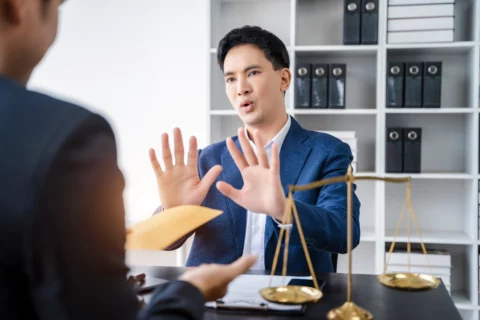How to Avoid Filing for Bankruptcy During COVID-19

The impacts of COVID-19 have been far-reaching, impacting many aspects of your daily life, including your livelihood. Perhaps you have lost hours at work, been put on furlough, or lost your job altogether.
You’re not alone. Tens of millions of Americans have filed for unemployment since the coronavirus outbreak began. A recent Experian survey of 1,400 US consumers revealed that nearly two-thirds of respondents are more worried about their personal finances today than they were before the crisis began.
If it’s becoming increasingly difficult to pay your bills, bankruptcy may seem like your best or only way out. Before you take the next step, consider these options made available by the Coronavirus Aid, Relief, and Economic Security (CARES) Act to help you avoid filing for bankruptcy during COVID-19.
- Pause mortgage payments: If you have a federally backed mortgage, you may be eligible for a forbearance plan that reduces or suspends home loan payments for up to 12 months. Contact your lender to learn more. Also, federal student loan payments are automatically suspended until September 30, 2020.
- Look for breaks on utilities: Contact your electricity, natural gas, water, sewer, trash, and internet providers. They may have COVID-19-related options for lowering your necessary bills.
- Ask for help from credit card companies: The CARES Act requires credit card companies and lenders to make accommodations, allowing you to pay less than the minimum amount due for a set period without impacting your credit score. Contact these companies directly to see if you can work something out.
- Consider debt management: This alternative to bankruptcy involves paying your creditors through a credit counseling agency. You may be eligible for lower interest rates and waived late fees with this option.
- Check out the Paycheck Protection Program: Small business owners can take out a special loan as part of the CARES Act for cash-flow assistance. The loan will be forgiven as long as the proceeds are used to cover payroll costs.
- Open a home equity line of credit (HELOC): A HELOC lets you borrow up to 85 percent of your home’s appraised value at a low-interest rate. Only use this option if you’re sure you can keep up with equity payments, or you risk losing your home.
- Take money out of your retirement plan: Normally, an early withdrawal penalty of 10 percent applies, but with the CARES Act, you can tap into your retirement account before age 59 1/2 with no such penalty. Be prepared for a higher tax bill next year, though.
- Get help from family and close friends: They may be willing to lend you money to help you get by during this trying time. Be sure to document the amount you borrow, and stick to your repayment plan to keep your relationship intact.
If you determine that filing for bankruptcy might still be your best option, please contact Cutler & Associates at (773) 360-5802 and request a free bankruptcy evaluation to learn more.


